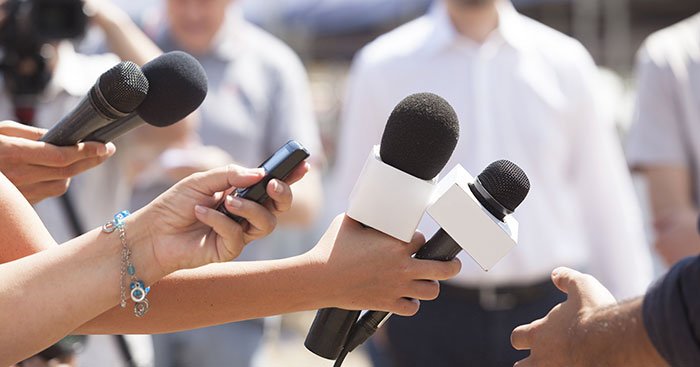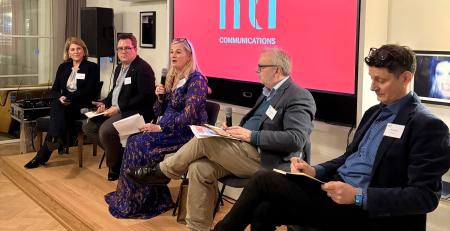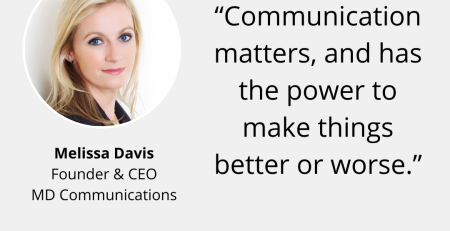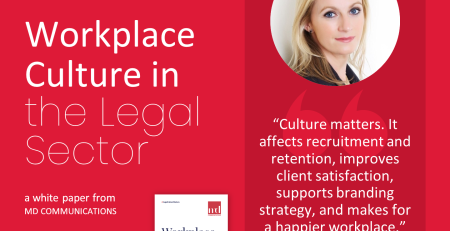A great many journalists I deal with are, well, just like you and me. They have a different job to do, but they are just trying to do it to a good standard – to make the right judgements, get the facts right and communicate events that matter clearly.
They also have a sense of humour, like a gossip, and a good complain about their work, competitors or their relatives. Journalists see a lot, and many are clever, knowledgeable and interesting.
Then there’s the odd ‘one’ – the reporter no one in the PR office likes dealing with. They are a small minority, but I wouldn’t quite call them ‘rare’.
So what makes them hard to deal with?
Mostly, there’s a feeling that journalists have already decided what the story is before they speak to you.
From speaking to our clients, we know that one of the biggest fears of speaking to the media is the risk the firm will come out looking worse than they deserve, just because the journalist had their own agenda to make a more lurid story.
We understand this worry and whilst there is no foolproof approach to avoid this, the following advice will help put you in best position to manage the situation:
- Firstly, appreciate the pressure the journalist is under from editors to produce something that grabs the attention – gruff urgency can feel abrasive, but to a degree they are probably just transmitting the stress that’s on them. Not everyone can show grace under fire.
- Then before you speak to the journalist read their past stuff – you should get a feel for where they ‘come from’ on certain issues, and the themes that interest them. Maybe there is a way to make them look ‘good’ while also getting your message across.
- Once you have a better understanding of the journalist who is going to interview you have a practice session. Run through all the questions you think they will ask, identify what key messages you want to get across and then practice responses that will present you as confident, unevasive, helpful and to the point.
- Don’t delegate calling them. Journalist’s contempt levels increase when faced with a junior PR who might struggle with their manner.
- Lastly, remember to thank them when they get it right. Follow them on social media and share a bit of their stuff. Journalists notice that these days.
Get in touch to discuss how we can support you with our expert training which covers the different types of media, how to deal with difficult questions, how to deal with journalists and how to perform in front of the camera and on radio.
Request our free guide: 12 mistakes lawyers make with the media.












